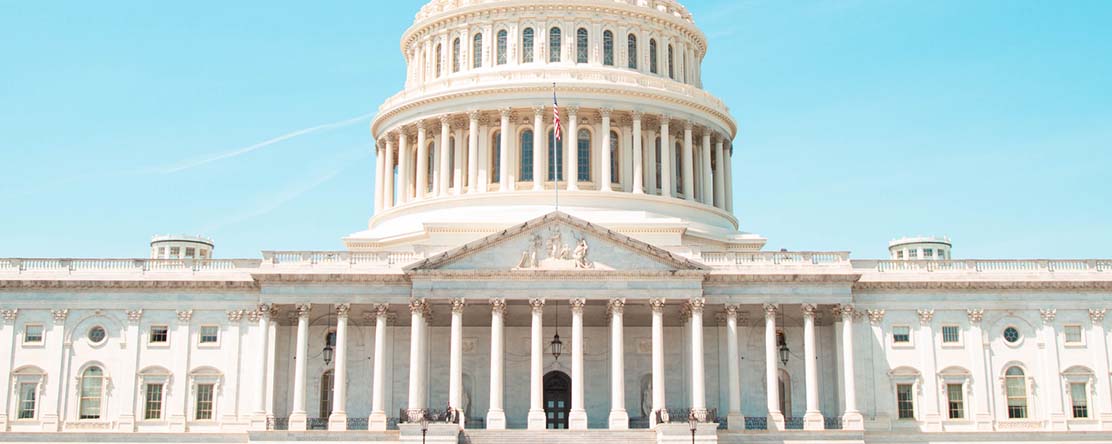
Statement
“Science, not stigma.” PHI Statement on White House Proposal to Address Opioid Epidemic
-
Focus Areas
Alcohol, Tobacco, Drugs & Mental Health -
Expertise
Outreach & Dissemination

STATEMENT FROM MARY A. PITTMAN, CEO AND PRESIDENT, PUBLIC HEALTH INSTITUTE
“The Public Health Institute supports many of the common-sense strategies proposed by the President of the United States today to address the country’s snowballing opioid crisis. We endorse strategies built on public health practice and science, not stigma or criminalization.
“In particular, the proposal to increase Medicaid coverage for treatment will have a profound impact on the number of people able to access life-saving and addiction-halting interventions. Other proposals, such as increasing access to Naloxone, helping previously incarcerated individuals find employment, making medically assisted treatment more accessible and affordable, and reducing the demand for opioids through safer prescribing guidelines are all proven, evidence-based interventions that will help turn the tide.
“As the coordinator of the California Opioid Safety Network, the single largest network of opioid coalitions in the country, the Public Health Institute knows that these interventions work. Counties participating in the network have seen a decline in opioid prescriptions and an increase in access to effective treatments. California shows the success of a multi-sectoral, coordinated effort that addresses the root causes of disease.
“The urgent need to address the opioid emergency across the country should not become an excuse to enact other policies that would limit the civil rights of our communities. Reliance on a criminal justice approach, targeting specific communities such as immigrants, or using rhetoric supporting capital punishment for drug dealers will increase the shame, stigma and invisibility that also can decrease the likelihood of users seeking help and treatment.
“With prevention, compassionate care and access to interventions that treat addiction, we can save lives and reverse this epidemic.”
More Updates
Work With Us
You change the world. We do the rest. Explore fiscal sponsorship at PHI.
Support Us
Together, we can accelerate our response to public health’s most critical issues.
Find Employment
Begin your career at the Public Health Institute.



